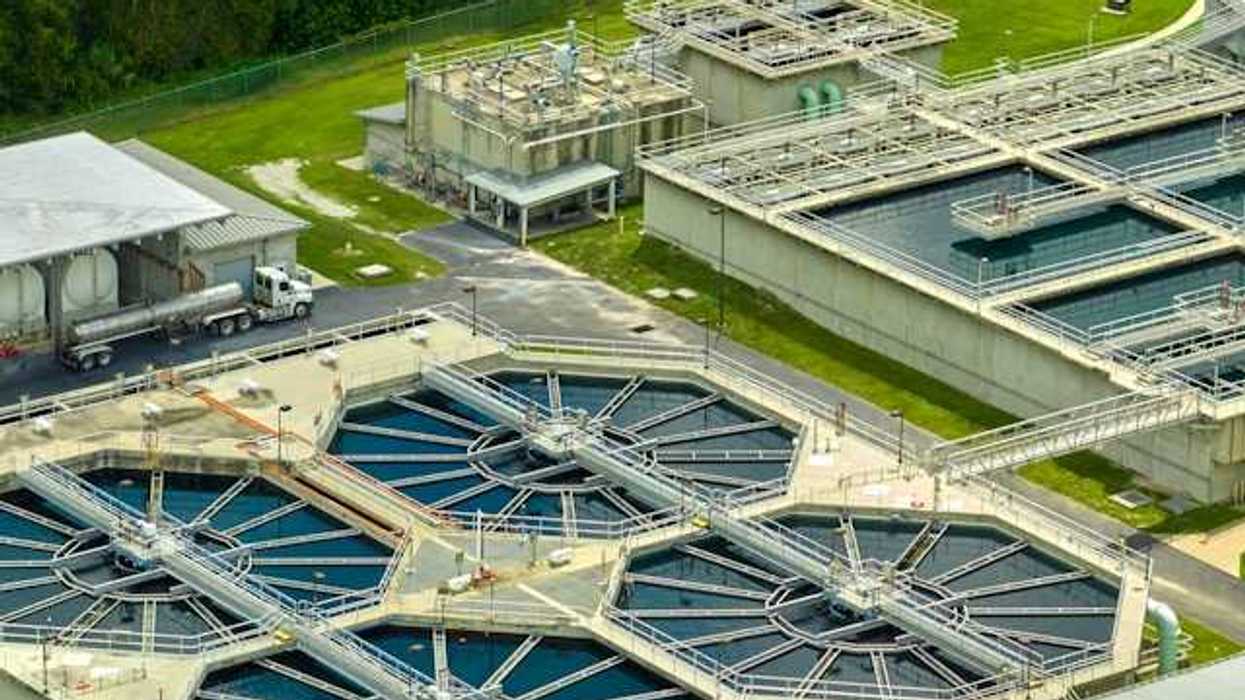President Biden is expected to sign a bill allowing semiconductor manufacturers to bypass certain federal environmental reviews, sparking debate among Democrats over its potential environmental impact.
Madeleine Ngo reports for The New York Times.
In short:
- The bill would exempt some semiconductor projects from National Environmental Policy Act (NEPA) reviews to speed up U.S. chip production.
- Supporters say the bill is necessary to strengthen the U.S. economy and national security by reducing reliance on foreign-made semiconductors.
- Critics argue the bill weakens environmental protections and reduces transparency on the use of harmful chemicals in manufacturing.
Key quote:
“A piece of legislation that allows these facilities to completely bypass NEPA’s critical environmental review and public input processes, while also stripping communities’ right to legally challenge these projects under NEPA, is unconscionable and never, under any circumstances, should have been pushed through the House.”
— Raúl M. Grijalva, top Democrat on the Natural Resources Committee
Why this matters:
Semiconductors power everything from smartphones to military equipment. Accelerating chip production is key for U.S. economic and security goals, but fast-tracking projects without proper environmental oversight risks public health and environmental harm.














